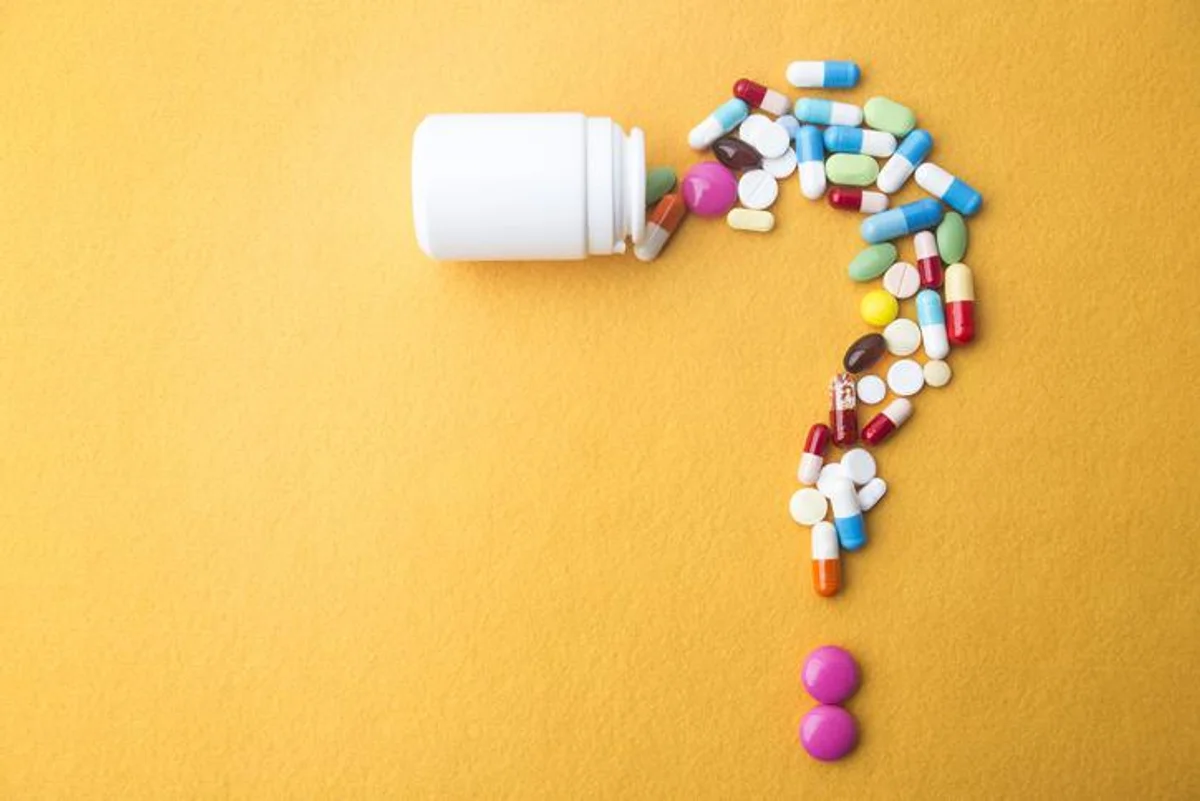
iStock.com/bong hyunjung
5 Things You Should Know About Antimicrobial Resistance (AMR) and Covid-19
AMR is one of the top 10 global public health threats today. Explore the facts about the effects of Covid-19 on AMR
May 04, 2022
Created With SupportFor more information on AMR, please visit our AMR page.
This resource was created with support from Pfizer Inc.